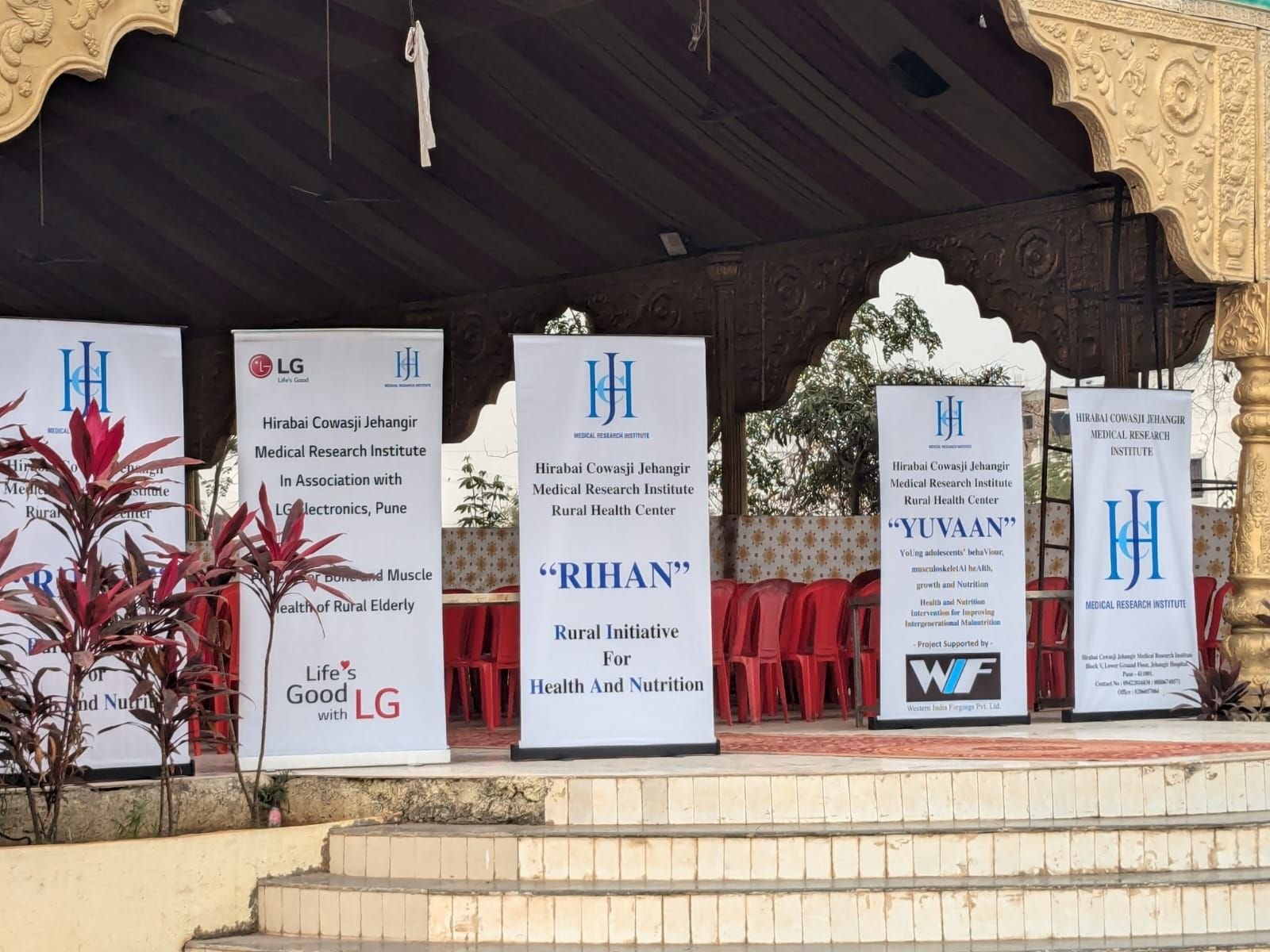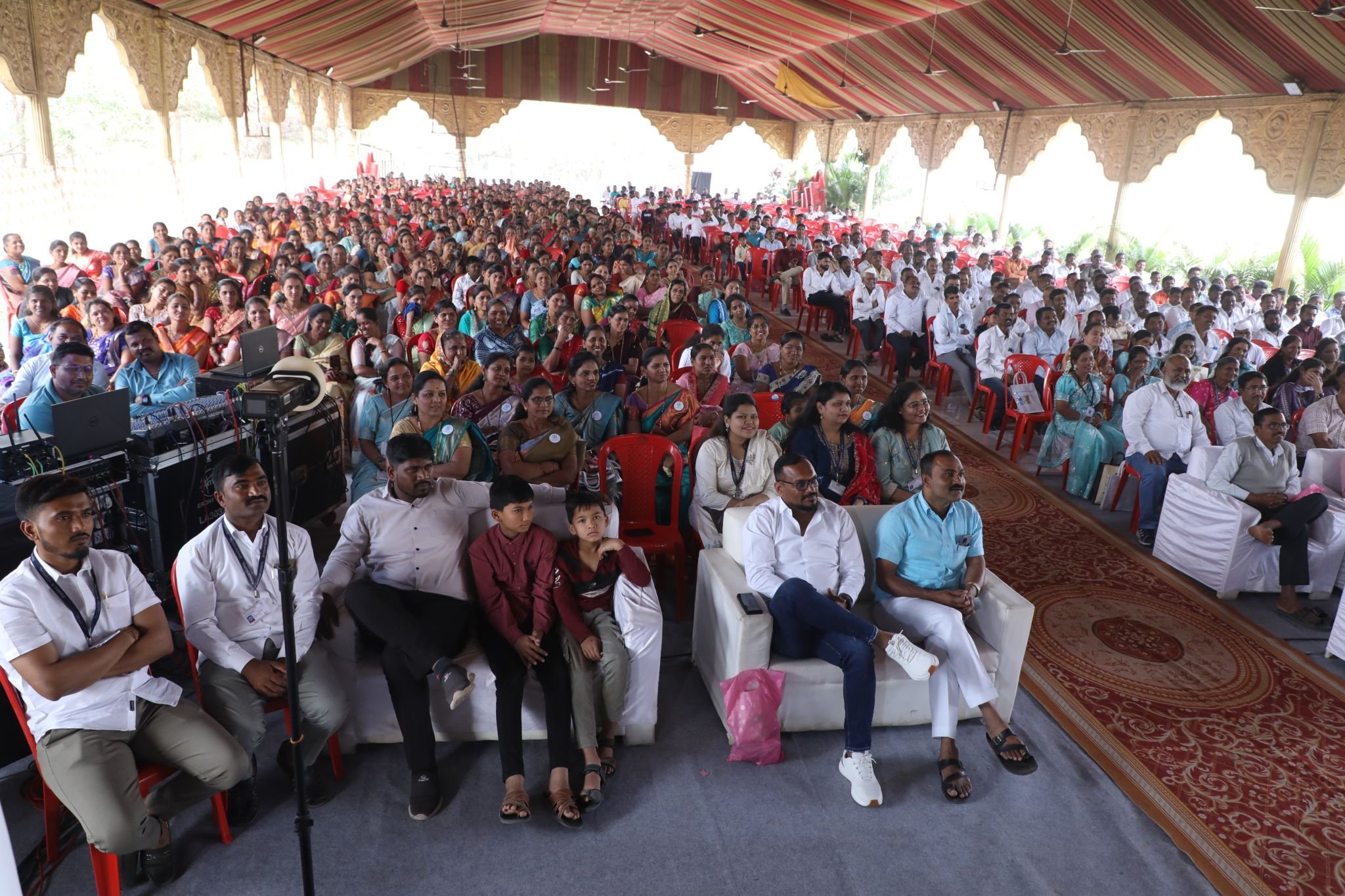Multigenerational Cohort Study (India)
In partnership with the Hirabai Cowasji Jehangir Medical Research Institute (HCJMRI) in Pune, India, the CHANGE Research Lab is collaborating with Dr. Anuradha Khadilkar’s team on a multigenerational, longitudinal cohort study. Termed YUVAAN (YoUng adolescents’ behaViour, musculoskeletAl heAlth, growth & Nutrition), the overall goal of this study is to understand behavioural, socio-ecological, and socio-economic determinants of growth and non-communicable disease (NCD) risk among rural households among preadolescent children and their parents.
To achieve this overall goal, YUVAAN will investigate intergenerational patterns of NCD risks and growth among preadolescents (8-10-year-olds), their parents and future offspring in rural areas through a 15-year prospective cohort study. The study will identify and address socioeconomic and socioecological determinants of health (i.e., climate change impacts, sociocultural factors) associated with growth trajectories and intergenerational disease risk.
Find out more by reading our metholodogy paper: https://bmjpublichealth.bmj.com/content/3/1/e001741
Using a digital citizen science approach, CHANGE Research Lab is leading a sub-study aimed at understanding climate change impacts on NCDs among the YUVAAN cohort.
A total of 4 focus groups (n=36) were conducted in February 2024 to understand perceived climate change impacts on health in rural villages around Pune, Maharashtra. Preliminary results indicate that erratic weather and pollution has affected agricultural output for farmers, and respondents perceived higher frequency and severity of illnesses such as dengue, hypertension, and diabetes due to climate change. These findings will be used to inform digital health platform development to further explore climate change impacts and potential interventions in these communities.
This project contributes to the following Sustainable Development Goals:
SDG 2 (Zero hunger)
SDG 3 (Good health & wellbeing)
SDG 10 (Reduced inequalities)
SDG 13 (Climate action)





